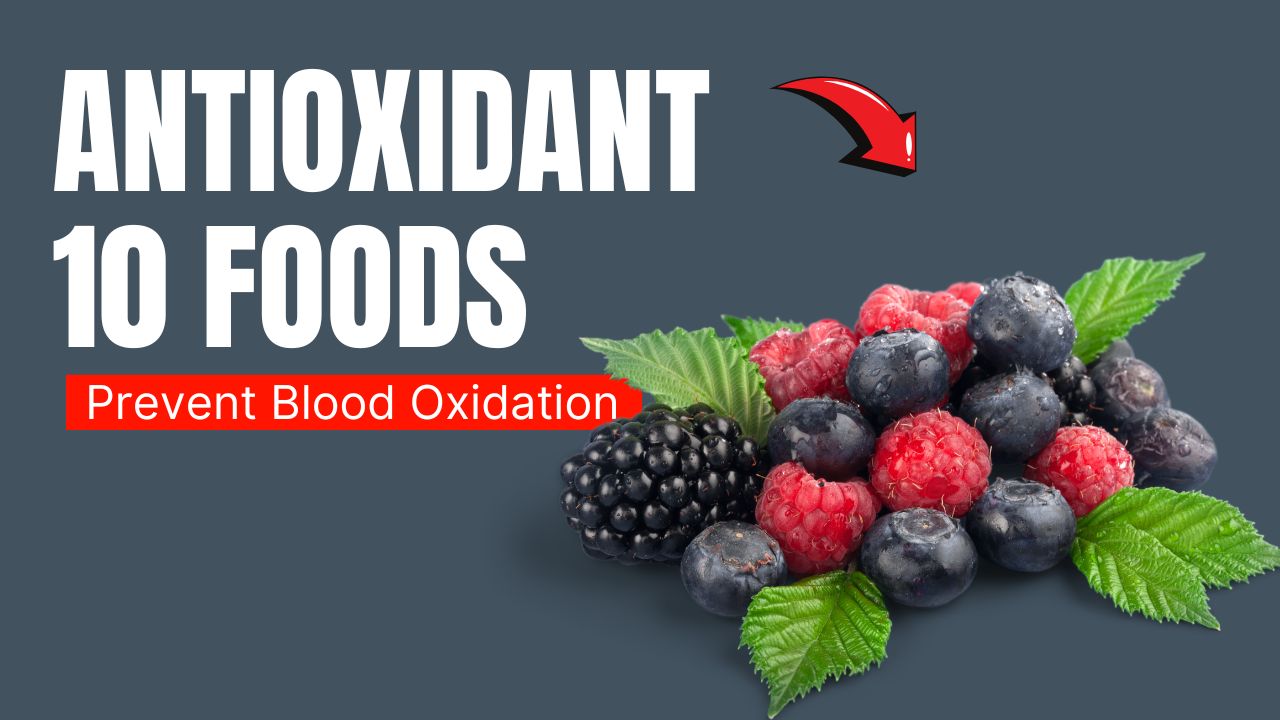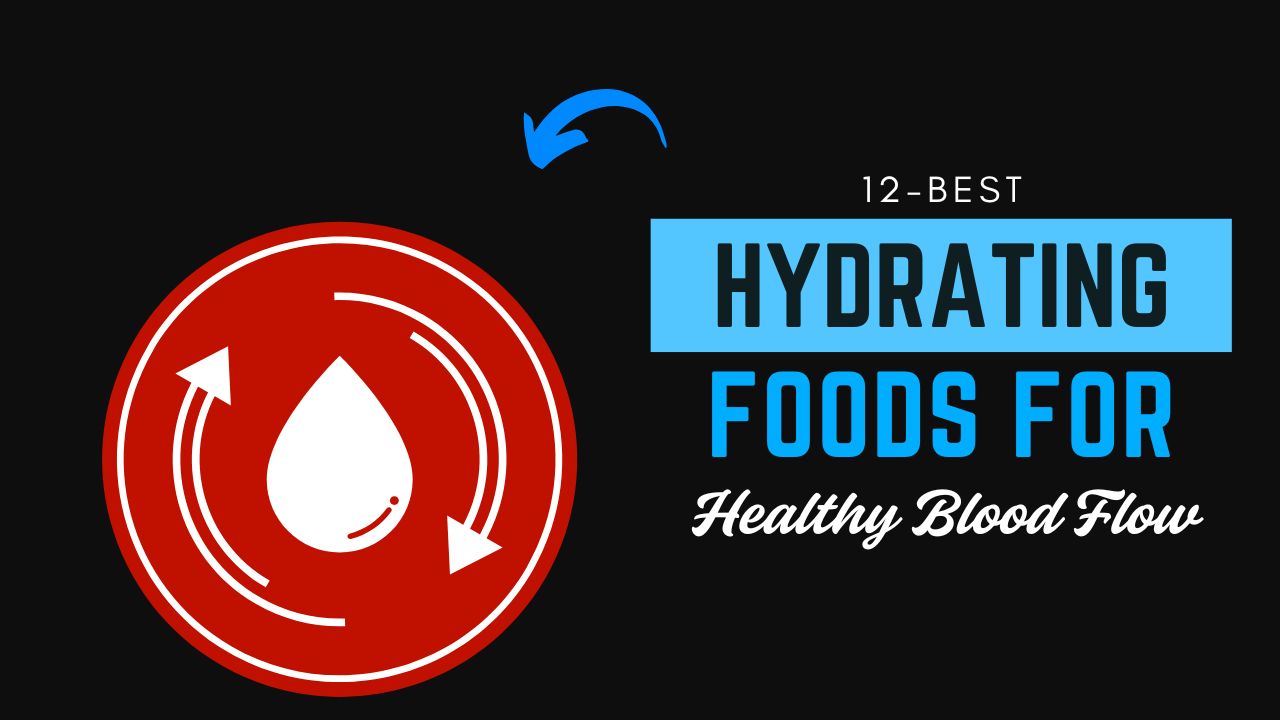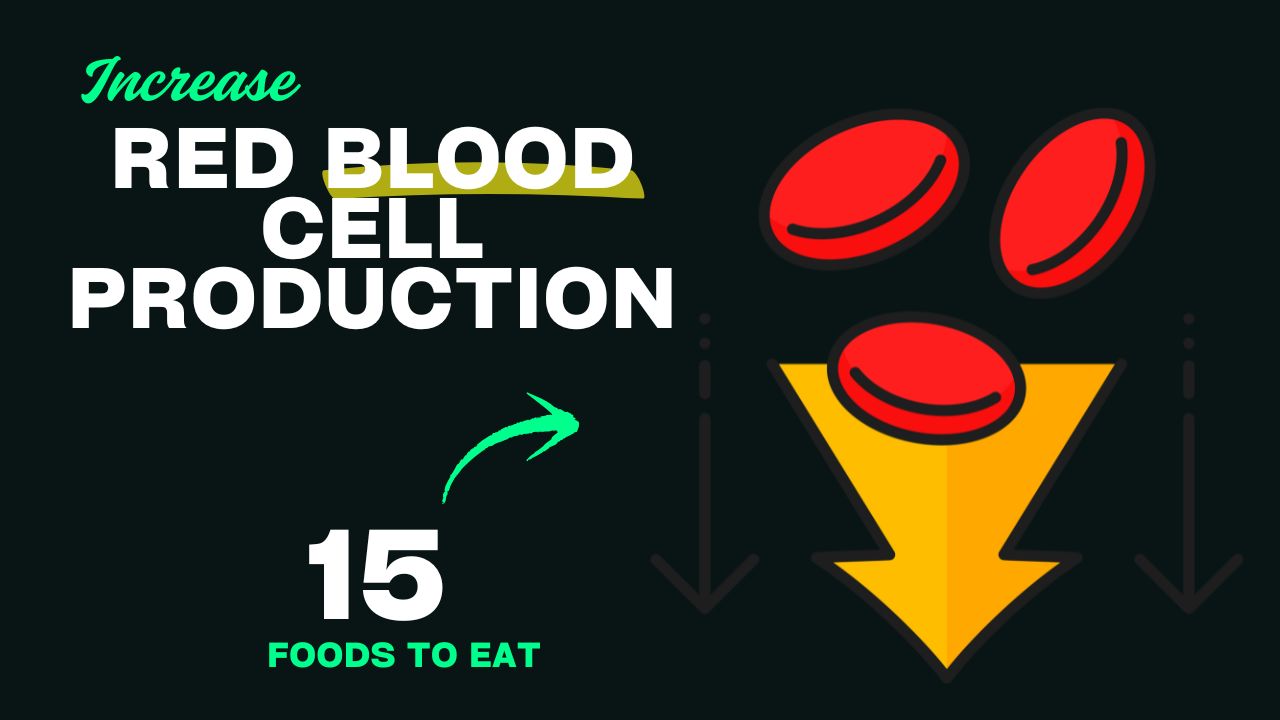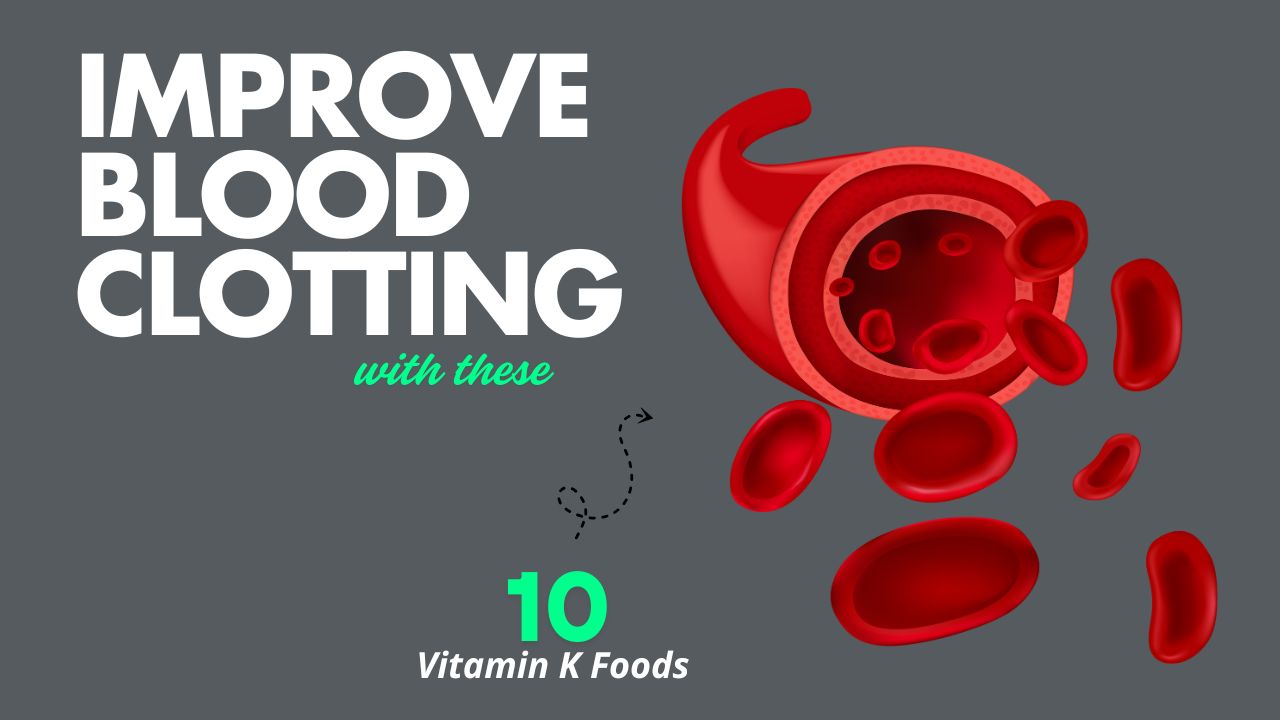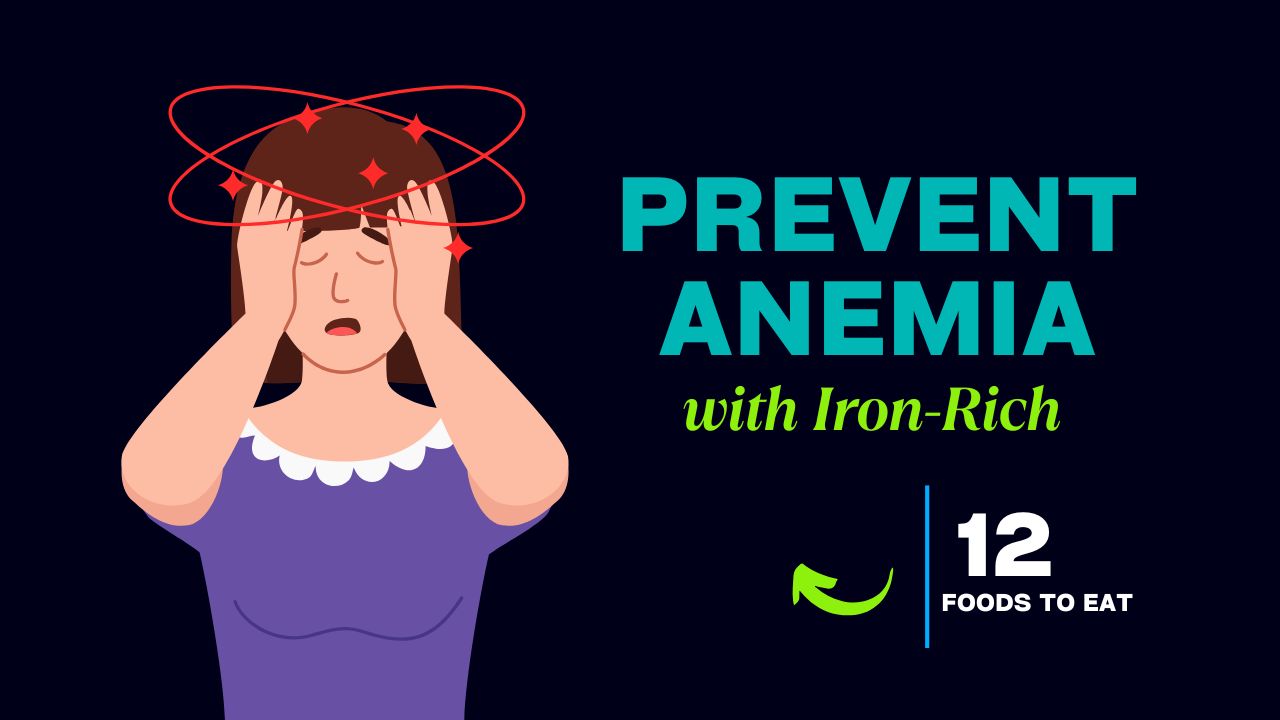Struggling with low energy even after a full night’s sleep? Feeling drained by midday despite multiple cups of coffee? The truth is, energy isn’t just about how much rest you get — your hormones play a massive role in regulating how vibrant or fatigued you feel.
Hormones are the body’s messengers, influencing everything from metabolism to mood, appetite, and even sleep quality. When they’re imbalanced, your energy takes a nosedive. But here’s the good news: the foods you eat can either disrupt or restore that delicate balance.
Did you know? Certain nutrient-rich foods not only fuel your body but also regulate hormones like cortisol (stress), insulin (blood sugar), and thyroid hormones (metabolism). By choosing the right foods, you can naturally restore your vitality without relying on quick fixes like sugar or caffeine.
In this article, we’ll explore 12 powerful foods that improve energy by balancing hormones, how to eat them, who should prioritize them, storage tips, and even possible side effects. By the end, you’ll know exactly what to add to your plate to feel more energized and hormonally balanced.
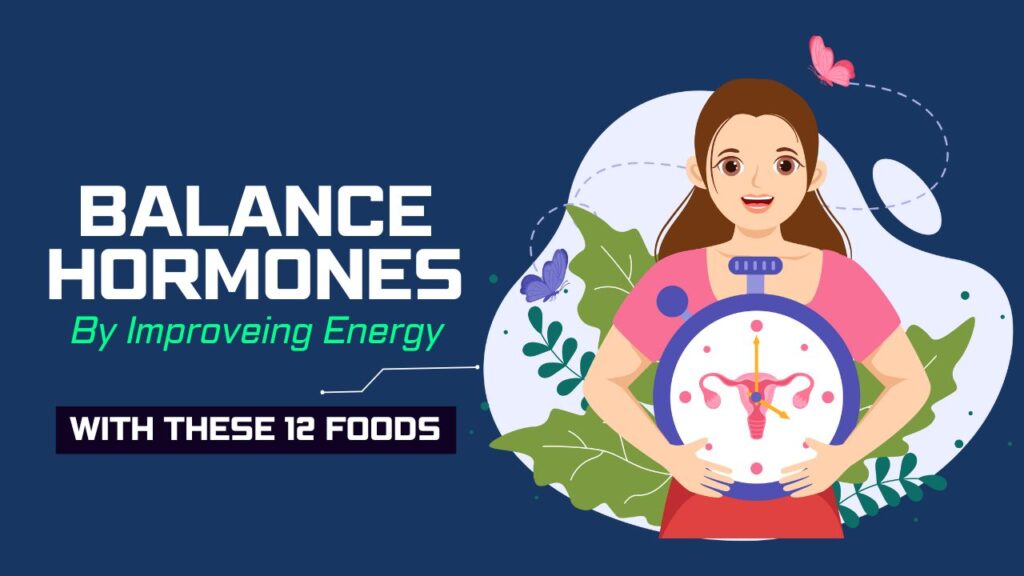
Table of Contents
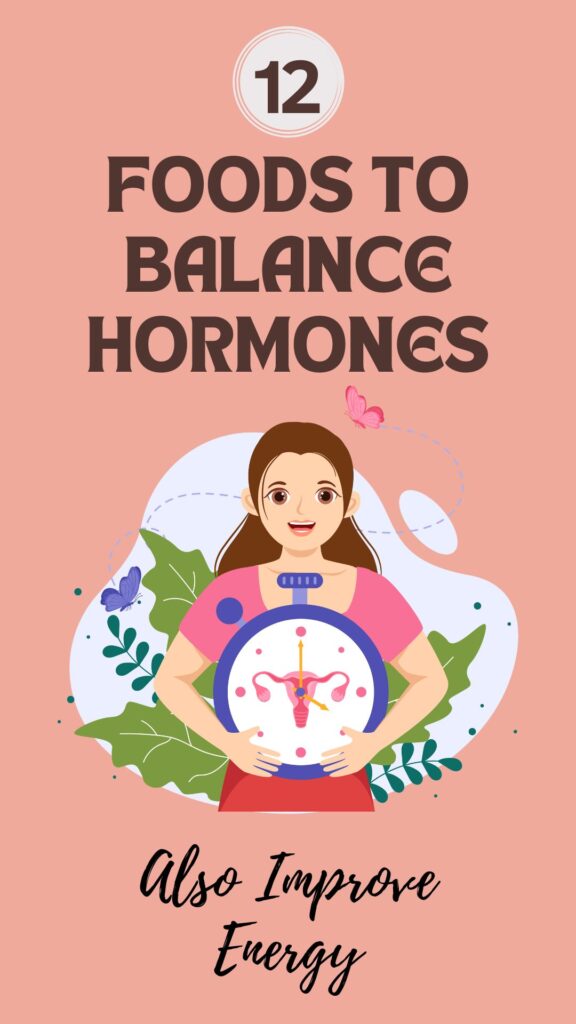
12 Foods That Balance Hormones
1. Avocados
Avocados are packed with healthy monounsaturated fats that support hormone production, especially estrogen and progesterone, which are key for women’s energy and mood regulation. They also stabilize blood sugar levels, preventing energy crashes.
Best Ways to Eat or Use It
- Spread on whole-grain toast
- Add to smoothies for creaminess
- Toss in salads with olive oil and lemon
Tip: Pair avocado with high-fiber vegetables to keep insulin levels steady.
Who Should Eat / Avoid
- Good for: Women with irregular cycles, people with blood sugar fluctuations, athletes
- Avoid/Limit if: You have a latex allergy (possible cross-reaction) or need to restrict potassium (kidney conditions)
Storage & Buying Tips
- Choose avocados that yield slightly when pressed.
- Store unripe avocados at room temperature, then move to the fridge once ripe.
Do’s & Don’ts
✅ Do: Eat ripe avocados fresh
❌ Don’t: Store cut avocado without lemon juice — it browns quickly
Possible Side Effects
- Overeating may lead to weight gain since avocados are calorie-dense.
2. Salmon
Rich in omega-3 fatty acids, salmon reduces inflammation and supports the thyroid, a gland responsible for regulating metabolism and energy. It also balances cortisol levels, lowering stress-induced fatigue.
Best Ways to Eat or Use It
- Grilled or baked fillets
- Smoked salmon on whole-grain crackers
- Salmon sushi or poke bowls
Tip: Pair with leafy greens for better iron and omega-3 absorption.
Who Should Eat / Avoid
- Good for: People with thyroid issues, athletes, anyone experiencing fatigue
- Avoid/Limit if: You are allergic to fish or have high mercury sensitivity (opt for wild-caught salmon instead).
Storage & Buying Tips
- Buy wild-caught salmon for lower toxin levels.
- Store fresh salmon in the coldest part of the fridge; consume within 2 days.
Do’s & Don’ts
✅ Do: Cook lightly to preserve omega-3s
❌ Don’t: Fry at high temperatures (destroys healthy fats)
Possible Side Effects
- Too much salmon (especially farmed) may increase exposure to heavy metals.
3. Eggs
Eggs are a complete protein source and contain choline, a nutrient essential for neurotransmitter production, which keeps mood and energy levels steady.
Best Ways to Eat or Use It
- Boiled for snacks
- Scrambled with vegetables
- Poached on avocado toast
Tip: Eat the yolk — it contains vital B vitamins for energy.
Who Should Eat / Avoid
- Good for: Athletes, pregnant women (choline supports fetal brain development), those needing long-lasting energy
- Avoid/Limit if: You have high cholesterol (consult your doctor).
Storage & Buying Tips
- Store eggs in the fridge at a consistent temperature.
- Buy pasture-raised for higher omega-3 content.
Do’s & Don’ts
✅ Do: Consume the yolk for maximum nutrients
❌ Don’t: Eat raw eggs (risk of salmonella)
Possible Side Effects
- Excessive consumption may raise cholesterol in some people.
4. Greek Yogurt
Greek yogurt is packed with probiotics that balance gut health, which directly influences hormone production, especially serotonin (the “feel-good” hormone).
Best Ways to Eat or Use It
- As a breakfast bowl with berries and seeds
- In smoothies for a protein boost
- As a base for dips
Tip: Opt for unsweetened yogurt to avoid sugar spikes.
Who Should Eat / Avoid
- Good for: People with digestive issues, women balancing estrogen, athletes needing recovery
- Avoid/Limit if: Lactose intolerant (choose dairy-free alternatives).
Storage & Buying Tips
- Store in the fridge and consume within 5–7 days after opening.
- Buy full-fat, plain Greek yogurt for best benefits.
Do’s & Don’ts
✅ Do: Add nuts/seeds for healthy fats
❌ Don’t: Buy flavored versions with added sugar
Possible Side Effects
- Overconsumption may cause bloating in lactose-sensitive individuals.
5. Leafy Greens (Spinach, Kale, Swiss Chard)
Leafy greens are loaded with magnesium, which helps regulate cortisol and improve sleep quality, restoring energy naturally.
Best Ways to Eat or Use It
- Toss in salads
- Blend into green smoothies
- Lightly sauté with garlic and olive oil
Tip: Pair with vitamin C-rich foods (like lemon) for better iron absorption.
Who Should Eat / Avoid
- Good for: Women with PMS, stressed professionals, athletes needing recovery
- Avoid/Limit if: You have kidney stones (high oxalate content).
Storage & Buying Tips
- Store in airtight bags with a paper towel to reduce moisture.
- Buy dark, crisp leaves for freshness.
Do’s & Don’ts
✅ Do: Wash thoroughly before use
❌ Don’t: Overcook (destroys nutrients)
Possible Side Effects
- May interfere with thyroid function if consumed raw in extremely high amounts.
6. Nuts & Seeds (Almonds, Flaxseeds, Chia)
These are rich in healthy fats, fiber, and lignans that help balance estrogen and testosterone levels, boosting energy and mood.
Best Ways to Eat or Use It
- Snack on a handful daily
- Add to oatmeal, yogurt, or smoothies
- Use nut butters on whole-grain toast
Tip: Soak almonds overnight for better digestion and absorption.
Who Should Eat / Avoid
- Good for: People with energy dips, women with hormonal imbalances, vegans
- Avoid/Limit if: Nut allergies or digestive sensitivity to high fiber.
Storage & Buying Tips
- Store in airtight containers in a cool, dark place.
- Refrigerate flaxseeds to prevent rancidity.
Do’s & Don’ts
✅ Do: Eat raw or lightly roasted
❌ Don’t: Buy salted or sugar-coated varieties
Possible Side Effects
- Excess fiber may cause bloating if overeaten.
7. Green Tea
Green tea contains L-theanine and catechins that balance cortisol and improve focus without the jitters of coffee.
Best Ways to Eat or Use It
- Drink hot or iced
- Add matcha powder to smoothies
- Use as a base for herbal blends
Tip: Steep for 2–3 minutes — over-steeping increases bitterness.
Who Should Eat / Avoid
- Good for: Professionals needing focus, weight-loss seekers, those with stress fatigue
- Avoid/Limit if: Sensitive to caffeine or pregnant (limit intake).
Storage & Buying Tips
- Store in airtight tins away from light and heat.
- Choose high-quality matcha for maximum benefits.
Do’s & Don’ts
✅ Do: Drink between meals for steady energy
❌ Don’t: Drink on an empty stomach (may cause nausea)
Possible Side Effects
- Overconsumption may cause insomnia or iron absorption issues.
8. Berries (Blueberries, Strawberries, Raspberries)
Berries are antioxidant-rich, supporting adrenal health and reducing oxidative stress that drains energy.
Best Ways to Eat or Use It
- Add to yogurt or oatmeal
- Blend into smoothies
- Snack fresh or frozen
Tip: Combine with protein for steady blood sugar.
Who Should Eat / Avoid
- Good for: Women balancing estrogen, athletes, anyone needing quick energy
- Avoid/Limit if: You have berry allergies.
Storage & Buying Tips
- Store in the fridge; wash only before eating.
- Freeze extra berries to extend shelf life.
Do’s & Don’ts
✅ Do: Eat a mix of berries for diverse antioxidants
❌ Don’t: Store wet — they mold quickly
Possible Side Effects
- May cause digestive upset if eaten in large amounts.
9. Lentils
Lentils are a plant-based protein high in iron and fiber, keeping blood sugar stable and preventing energy crashes.
Best Ways to Eat or Use It
- Add to soups or stews
- Toss into salads
- Cook into curries
Tip: Combine with vitamin C foods for better iron absorption.
Who Should Eat / Avoid
- Good for: Vegetarians, women with iron deficiency, energy-seekers
- Avoid/Limit if: Digestive issues (gas/bloating from legumes).
Storage & Buying Tips
- Store dried lentils in airtight containers.
- Cooked lentils last up to 5 days in the fridge.
Do’s & Don’ts
✅ Do: Soak before cooking to reduce bloating
❌ Don’t: Overcook — they become mushy
Possible Side Effects
- May cause digestive discomfort in sensitive individuals.
10. Dark Chocolate
Yes, chocolate can be good for energy — if it’s dark and minimally processed. Rich in magnesium and theobromine, it supports mood, reduces stress hormones, and boosts alertness.
Best Ways to Eat or Use It
- Eat a small piece as a snack
- Add cocoa powder to smoothies
- Use in homemade energy bites
Tip: Choose chocolate with at least 70% cocoa content.
Who Should Eat / Avoid
- Good for: Stressed professionals, students, mood-boost seekers
- Avoid/Limit if: Sensitive to caffeine or managing weight strictly.
Storage & Buying Tips
- Store in a cool, dry place.
- Avoid chocolate with added sugars and fillers.
Do’s & Don’ts
✅ Do: Enjoy in moderation
❌ Don’t: Overconsume — it’s calorie-dense
Possible Side Effects
- May cause insomnia if eaten late at night.
11. Quinoa
A gluten-free grain packed with protein and fiber, quinoa stabilizes blood sugar and supports insulin balance.
Best Ways to Eat or Use It
- As a rice substitute
- In salads with vegetables and nuts
- As a warm breakfast porridge
Tip: Rinse before cooking to remove bitter saponins.
Who Should Eat / Avoid
- Good for: Gluten-intolerant individuals, athletes, energy-seekers
- Avoid/Limit if: Rare quinoa allergy
Storage & Buying Tips
- Store dry quinoa in a sealed jar.
- Cooked quinoa lasts up to 5 days refrigerated.
Do’s & Don’ts
✅ Do: Use as a base for protein-packed bowls
❌ Don’t: Skip rinsing (bitter taste remains)
Possible Side Effects
- Excess may cause bloating due to high fiber.
12. Sweet Potatoes
Sweet potatoes are rich in complex carbs and vitamin B6, which support adrenal function and provide steady energy.
Best Ways to Eat or Use It
- Roasted as fries
- Mashed with spices
- Added to soups or stews
Tip: Pair with healthy fats (like olive oil) for better vitamin absorption.
Who Should Eat / Avoid
- Good for: Athletes, children, people with fatigue
- Avoid/Limit if: Kidney stone issues (high oxalates).
Storage & Buying Tips
- Store in a cool, dark pantry (not fridge).
- Choose firm, blemish-free tubers.
Do’s & Don’ts
✅ Do: Roast or steam to preserve nutrients
❌ Don’t: Store in the refrigerator — alters flavor
Possible Side Effects
- May raise blood sugar slightly if eaten in excess.
Conclusion
Energy isn’t only about sleep or exercise — it’s deeply tied to your hormones. The right foods can help restore balance, stabilize blood sugar, reduce stress, and keep your metabolism running smoothly. From avocados that support healthy fats to sweet potatoes that fuel you with complex carbs, these 12 foods are simple yet powerful tools for better energy.
Start by adding one or two of these foods into your daily meals and notice how your body responds. Remember, small consistent changes lead to lasting hormonal balance and improved vitality.
Which of these energy-boosting foods will you try first? Share your favorite recipe or meal idea in the comments — your experience might inspire someone else to regain their energy naturally.
Frequently Asked Questions (FAQs)
How do hormones affect energy levels?
Hormones regulate metabolism, stress response, blood sugar, and sleep. When they’re imbalanced, you may feel fatigued, moody, or experience energy crashes throughout the day.
Can food really balance hormones naturally?
Yes. Nutrient-dense foods rich in healthy fats, proteins, fiber, and antioxidants support hormone production and regulation, helping the body restore balance naturally.
Which foods should I avoid if I want to balance hormones?
Processed foods, refined sugar, excess caffeine, alcohol, and trans fats can disrupt hormone balance and drain energy.
How long does it take to notice changes in energy after eating hormone-balancing foods?
Some people notice improvements within days, especially with stable blood sugar and better digestion, while deeper hormonal balance may take weeks to months of consistent eating.
Can these foods replace hormone therapy or medication?
No. While these foods support natural hormone balance, they are not substitutes for prescribed treatments. Always consult your doctor if you’re under medical care.
Are these foods safe for everyone?
Most are safe, but people with specific conditions (allergies, kidney issues, thyroid disorders) should be cautious and consult a healthcare professional before making major dietary changes.
Can athletes benefit from hormone-balancing foods?
Absolutely. Foods like salmon, quinoa, and sweet potatoes provide sustained energy and aid recovery, while healthy fats and proteins regulate hormones vital for performance.
Do I need to eat all 12 foods daily?
Not necessarily. Incorporating a variety of them throughout the week ensures a steady supply of nutrients that collectively support hormone balance and energy.
Are supplements better than foods for balancing hormones?
Whole foods are more effective because they provide a combination of nutrients, fiber, and antioxidants. Supplements can help fill gaps but shouldn’t replace a balanced diet.
Can hormone-balancing foods help with weight management?
Yes. Many of these foods stabilize blood sugar, reduce cravings, and support metabolism, which can indirectly help with healthy weight management.
